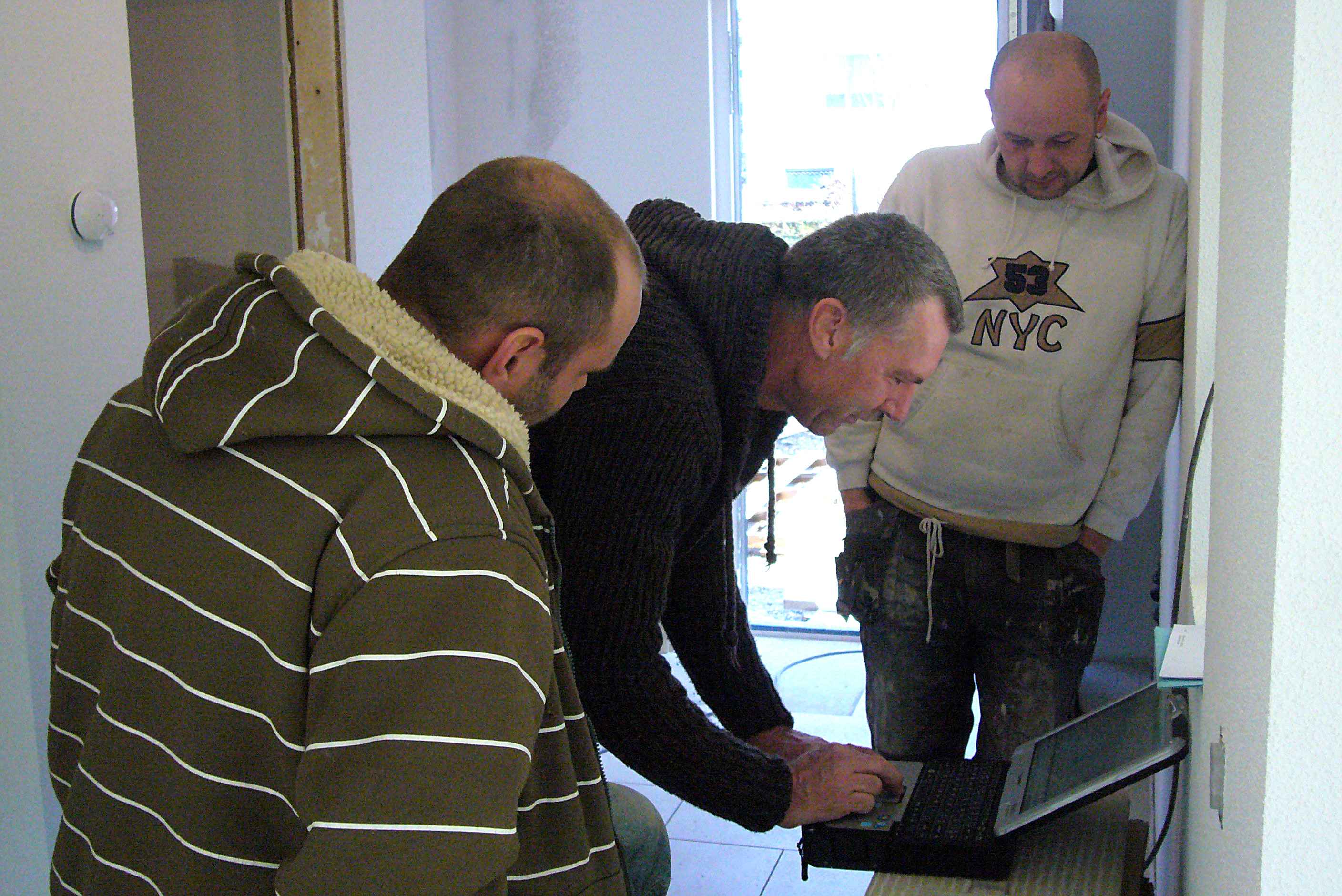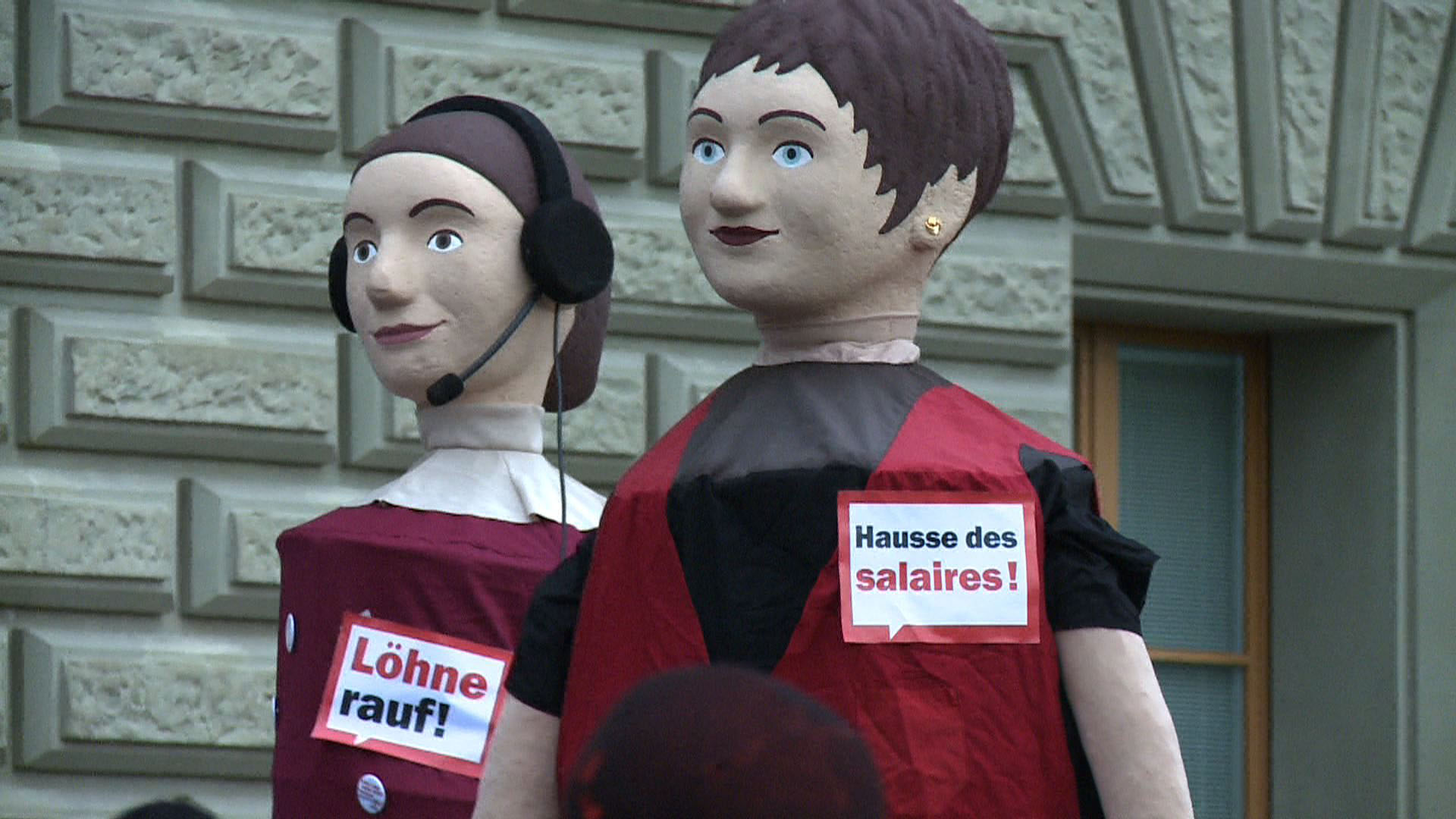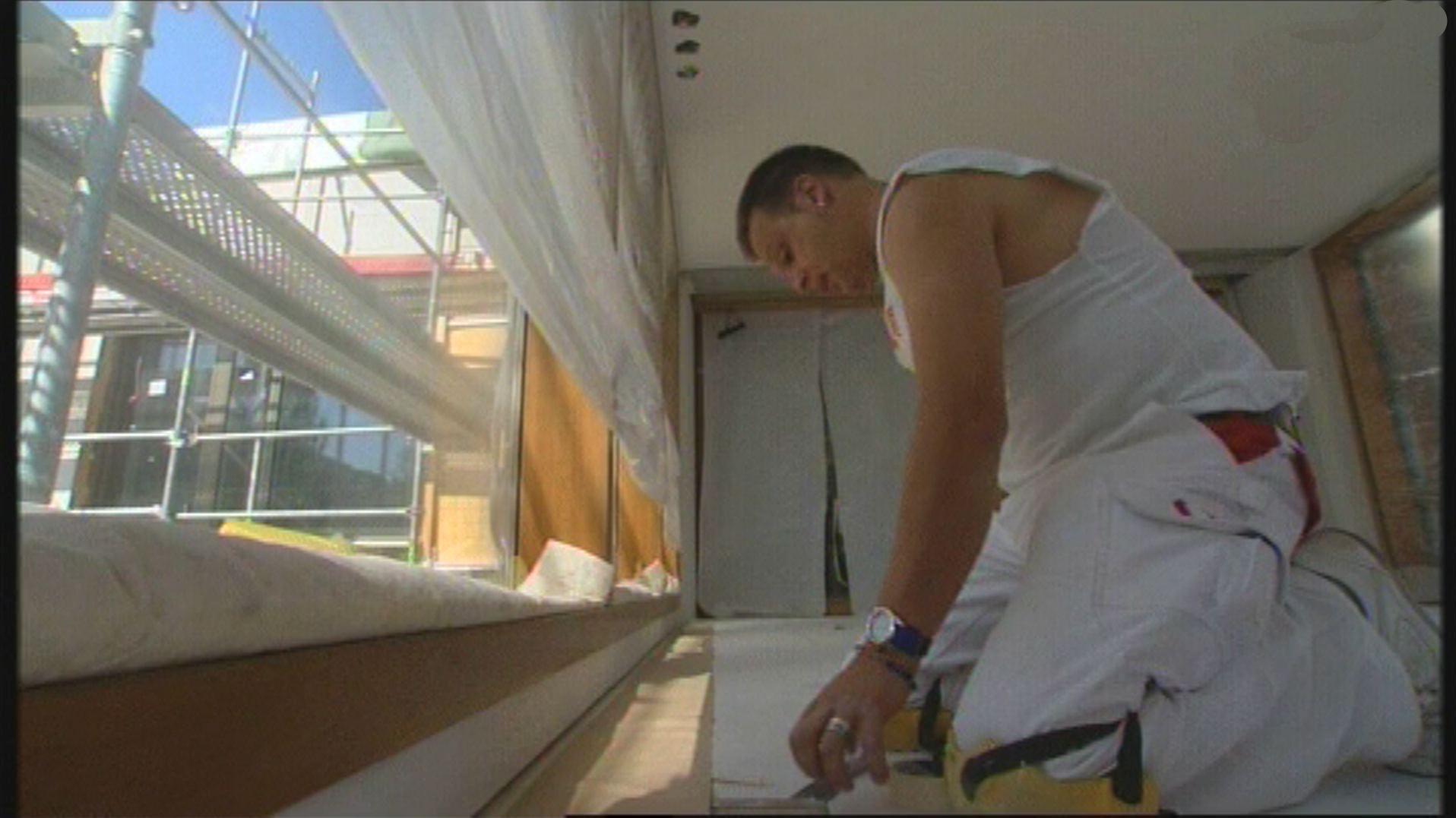Calls for a minimum wage mount

Switzerland may be a rich country, but there are still many “working poor” - people who work but are under the poverty line – a situation unions want to change.
Signatures supporting an initiative calling for a minimum wage were handed in on Monday, despite opposition from employers. But the practice is already widespread across much of Europe.
In recent decades, the wage gap has exploded, also in Switzerland. Whereas around 30 years ago a manager earned a maximum 30 times more than their least well paid employees, nowadays the salaries of some managing directors are more than 1,000 times that of their lowest paid staff.
The jury is out on whether this is due to increased international competition or simply greed. But there are calls for the situation to change, with three people’s initiatives against the salary gap having been launched in recent years.
Two of them want to set limits on managers’ salaries. The third, handed in on January 16 by the Trade Union Federation, wants a minimum wage for Switzerland of SFr22 ($23.1) per month, or around SFr4,000 a month.
Decent wage
“This initiative is aimed at ensuring that everybody has a decent salary in Switzerland. Around ten per cent of full-time workers currently earn under SFr4,000, which doesn’t even cover their basic living expenses, and often means they need welfare as well,” said Daniel Lampart, chief economist at the federation.
“Our proposals are also aimed at closing an important gap, namely that more than half of employees are not protected by a general labour agreement – which means their salaries aren’t either.”
A minimum wage is a good way of fighting wage dumping, added Lampart, and also helps reduce unemployment because many low-wage workers are holding down two jobs to earn enough to get by.

More
People’s initiative
“Bad solution”
But employers’ associations are against a minimum wage. “[It] is a bad solution because different sectors of the economy have different conditions and needs,” said Ruth Derrer Balladore of the Swiss Employers Association.
“There are also big differences in salary and cost of living between the regions,” she added.
Employers believe that a minimum wage could be set as part of the general labour agreement but should not be a legal obligation. “Therefore [disabled]people with a limited capacity to work risk being excluded from the working world if you have a minimum wage,” said Derrer Balladore.
As to whether a salary should allow people to have a decent standard of living, she said it depended what was meant by a decent standard of living.
“In some regions you need less than SFr4,000 for a decent quality of life, but in Zurich SFr5,000 is sometimes not even enough. Unions are also basing their proposal on family models in which only one person works, whereas often there are two wages.”
Rest of Europe
The employers’ stance clashes with what has been happening in most of Europe in recent decades.
“Only Germany, Austria, Switzerland and the Scandinavian countries do not yet have a national minimum wage. But the Scandinavian countries have general labour agreements which guarantee a minimum wage for almost all workers, whereas in Germany and Switzerland this only applies to one in two,” said Thorsten Schulten from the Institute of Economic and Social Researcher in Düsseldorf, Germany.
Free movement of people across Europe is also favourable to a minimum wage because many countries have acted to protect their domestic workers against wage dumping.
Even Germany is considering introducing a minimum wage, a move that has the support of Chancellor Angela Merkel, of the centre-right Christian Democratic Union.
“Merkel’s project has met with resistance from her own party. But now it seems clear that there will be a minimum wage, even if it will be a ‘light’ version: for example, there are expected to be differences between the eastern and western regions,” Schulten said.
Employment questions
The researcher says that overall, in countries which have had the minimum wage for a long time, like France, the experience has been positive.
“Without it there would be bigger social inequalities and more poverty in France. But questions have been raised about the effects of a minimum wage on employment as some companies prefer to limit staff so as not to have to take on the costs of a minimum wage and the associated social insurance.”
“The relation between minimum wage and employment has been the subject of many studies in France, Britain and the United States, with contradictory results. At the moment, most international economists do not rate the effects on employment as negative as long as the minimum wage has been fixed at an adequate level – so not too high.”
The initiative “for the protection of fair salaries” was handed in by the Trade Union Federation on January 23 with 110,000 signatures. It calls for a minimum salary of SFr22 per hour or around SFr4,000 a month.
The minimum wage should be adjusted regularly to price and wage developments, but in proportion to the pension index of the old-age and survivors’ insurance.
It also calls on the government and cantons to ensure that general labour contracts fix a minimum wage according to the place of work, profession and economic sector.
According to the Federal Statistics Office there are around 120,000 working poor in Switzerland.
Only canton Neuchâtel has so far decided to introduce a minimum wage.
The population will be called on to vote on two initiatives aimed at reducing the salary gap.
One of them, “against rip-off salaries” was introduced by independent senator Thomas Minder to give shareholders a right to veto excessive pay.
The other, “1:12 for fair salaries”, was handed in by the youth wing of the Social Democratic Party in 2011. It calls for the top company salary not to be more than 12 times that of the most lowly paid member of staff.
(Translated from Italian by Isobel Leybold-Johnson)

In compliance with the JTI standards
More: SWI swissinfo.ch certified by the Journalism Trust Initiative






You can find an overview of ongoing debates with our journalists here. Please join us!
If you want to start a conversation about a topic raised in this article or want to report factual errors, email us at english@swissinfo.ch.